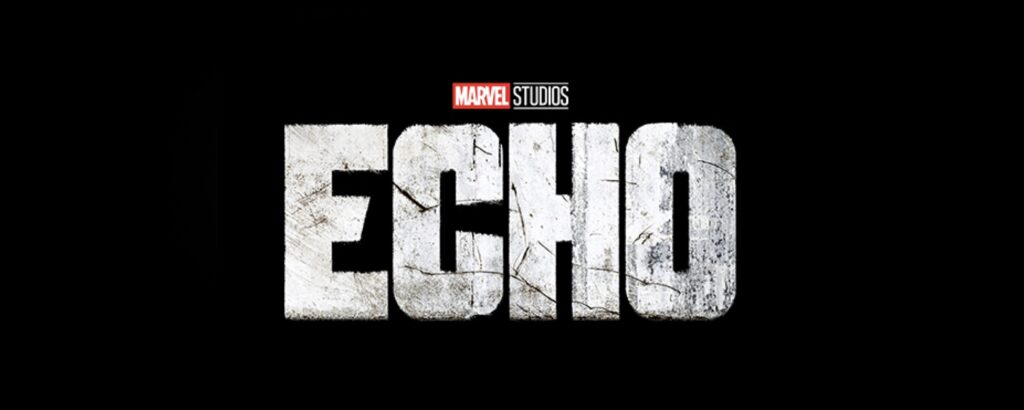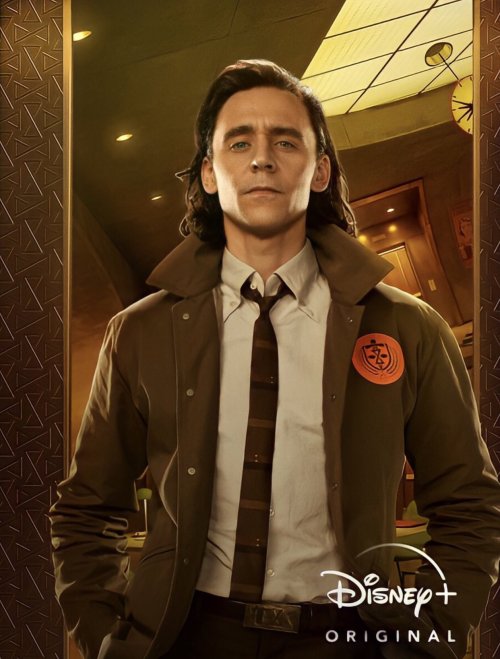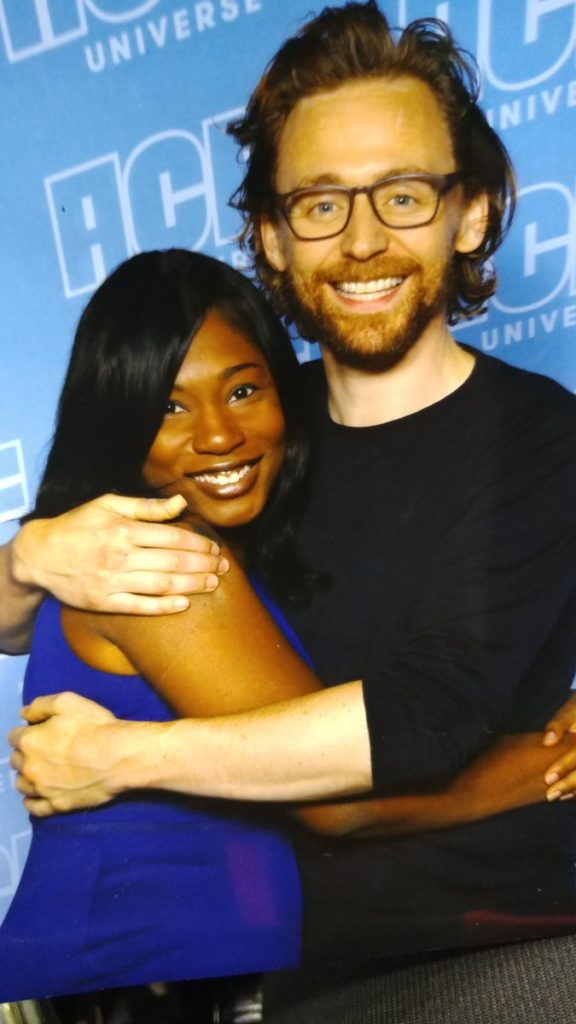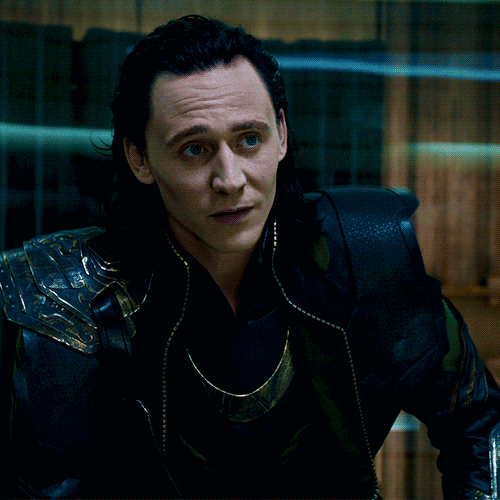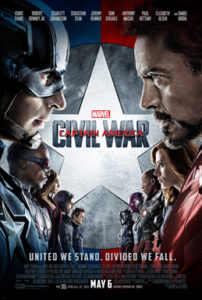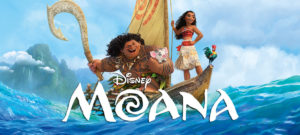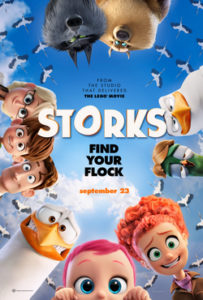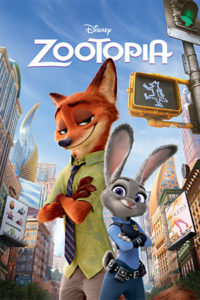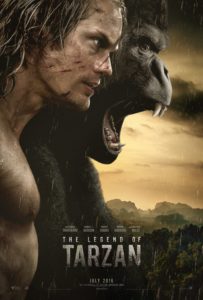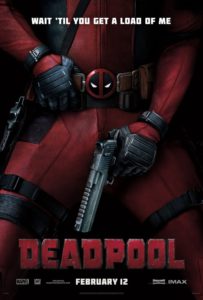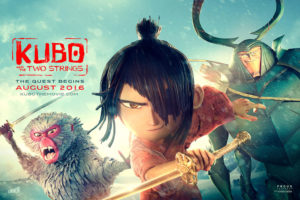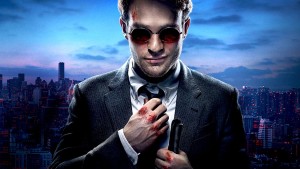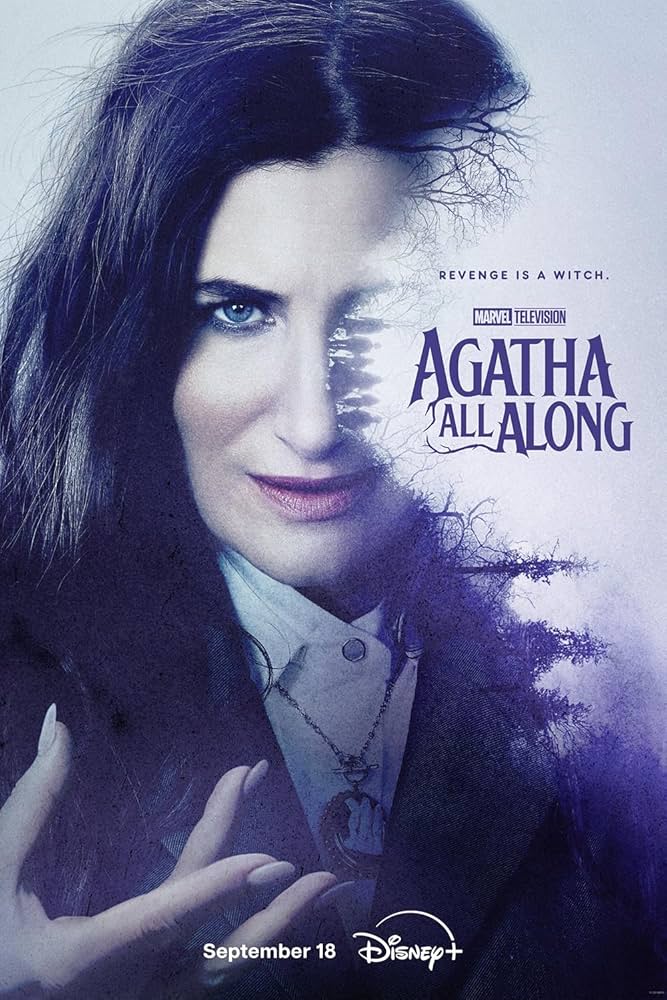
Like most people, I don’t fucking appreciate it when someone wastes my time.
To preface this Cautionary Tale episode, I will say that I am among the minority in terms of how I feel about the Marvel Cinematic Universe. I disagree with people that claim everything went downhill after Avengers: Endgame. I in fact vehemently disagree. I think the company itself has had issues with quality control for certain– *stares motherfuckerly at Ant Man 2, Loki seasons 1 and 2, Thor 4, Doctor Strange 2, and Secret Invasion* –but I don’t think they’re hacks and I don’t think everything after Phase 3 was crap. I think they simply lost the thread and need to get back on track for consistently good material instead of this wild variation between good and crap.
Well, I can say with full confidence that if they ever make another show as bad as Agatha All Along, then the people who hate the MCU are going to have a lot of future material to complain about. And I might join them at that point.
For those who don’t know, I’ll do a brief recap of the premise of what led us up to the “story” in Agatha All Along. From this point forward, I will be spoiling the events of WandaVision and Agatha All Along as well as Doctor Strange in the Multiverse of Madness, so if you’re behind on those works, you may want to come back after you’ve seen them.
In WandaVision, Wanda basically snapped after finding out the government took Vision’s body after he was murdered in Infinity War and were essentially trying to reconstruct him. They were unsuccessful, to a point, so she now has confirmation the love of her life is gone forever. She was crushed to come back to life after Endgame and find him gone forever, and in her grief, she created a Hex that created an alternate reality that trapped a very small town of people inside her delusional fantasy in which Vision was alive and well and she had twin boys and a picturesque life that was modeled after her favorite sitcoms growing up. Over the course of the show, she eventually becomes cognizant of what she’s done and she finally resolves to undo it all. She destroys the Hex and returns all the citizens to their normal lives except for Agatha Harkness, who turned out to be an evil witch that got close to try and steal Wanda’s powers. They have a fight and Wanda curses Agatha to not remember who she is and instead lets her live a pretend life in Westview. The events of Doctor Strange in the Multiverse of Madness then occur and then this show picks up sometime after that has already gone down.
Agatha All Along picks up with Agatha still under Wanda’s spell, but a boy named Teen breaks her out of it and asks her to take him to The Witches’ Road. The Witches’ Road is a mythical alternate reality or dimension in which you are tested by several trials and if you get through them all alive, you will win the prize, which is anything that you desire, sort of like a wish at the pot of gold at the end of a rainbow. In the MCU, Agatha Harkness has been rumored to be the only witch that ever made it to the end of The Road, but she was bound by Wanda and can’t use her powers, so she agrees to take Teen on the road so she can get her powers back, but they have to gather a coven first to summon it. They recruit a few other witches and the summon the Road, but they also have the Salem 7, a coven of witches that hate Agatha, and Rio, a psychotic killer witch that also hates Agatha, on their heels. They have to pass every trial alive in order to get what each of them seeks at the end.
Now, that sounds fine, right? A little convoluted, but fine. So why is Agatha All Along the subject of yet another blog post of Cautionary Tales from me?
Because I fucking hate it when a work of fiction wastes my fucking time.
Prior to the final two episodes of Agatha All Along, I was actually enjoying myself. It was nothing groundbreaking, but it held my attention and had an interesting cast. In particular, I felt Ellie and Lily were by far the best acted and written characters in the small coven. They were competent and layered characters who directly contributed to passing some of the trials on The Road. Over the course of the trials, they both die trying to save someone: Ellie dies trying to save Agatha, who absorbs her power and kills her, and Lily dies killing the Salem 7 when they come after them. It was immensely sad to see them go, but they both were fantastic characters with meaty roles, so I accepted it.
And then the last two fucking episodes happened.
To spoil, Agatha, Rio, and Teen—who turns out to be the soul of Wanda’s son Billy inhabiting a new body after the person died right when the Hex closed—have a showdown and Agatha finally lets Rio, who it turns out is really Death, kill her at last, sparing Billy’s life since they made a deal that one of them had to die. Agatha comes back as a ghost and Billy then realizes The Road was not real. Instead, what Agatha did back when she was alive in the 1700s is make up the Road to lure unsuspecting witches and steal their power and murder them all so she can have all their powers. She killed thousands of witches for centuries with this stupid fucking con. When Billy came to her, his reality warping powers that Wanda had basically made The Road real without him knowing it.
Anyone with half a brain should now be able to tell why the hell I’m so fucking angry.
The entire show was POINTLESS.
Ellie and Lily died…for nothing.
Not only did they die for nothing…they died to advance the fucking story of a fucking white woman who is a fucking mass murderer.
And the show proceeds to reward Agatha for this by letting her come back as a ghost, meanwhile the two of them had to die and go to the afterlife.
Oh, and the only black witch? She got no backstory while everyone else there got a backstory.
Again, no one reading this should be surprised that the ending of this show ENRAGED me.
How. Dare. You.
How dare you make a twist that not only trivializes the deaths of two minorities over a white woman who is a mass murderer, but how dare you then do it JUST TO DO IT. The twist does not enhance anything. All it does is subvert your expectations in an incredibly negative way. Instead of tying together ANYTHING in the previous episodes, the final two episodes of Agatha All Along take an interesting story about power, death, and the ambiguous nature of seeking power and turns into a cheap, knockoff M. Night Shymalan production.
I fiercely argue this is not an opinion, too. This is bad writing.
Do you want proof?
Fine. Here are ALL the things that have NO fucking payoff from this series with the “twist” ending that the fucking Road was never real and only Billy made it real:
-Jen’s character arc is completely unfinished. Choosing not to show us her backstory, how she was bound, why she wants power, how she survived through the centuries without it, completely makes this an Aborted Arc. Jen living at the end of the show doesn’t mean shit. You don’t get to go “oh, well, maybe if this show does well, she’ll get a spinoff and we’ll finish her arc then.” NO. If you introduced her arc and you did not finish it in this work, you have FAILED as a writer. That is not how this works. I don’t care that this is an episodic thing. You introduce it, then you fucking tie it off.
-The Salem 7 were built up as sooooo scary and contributed NOTHING to the story. They never fight them, they never trap them, and no one ever explains who they are and why only NOW they somehow found Agatha again when she’s been around in the MCU for God knows how fucking long. They die in an anticlimax after a beautiful sacrifice by Lily. Why in God’s name did you bother to even put them in? They serve NO purpose! They never catch them or hurt them or do anything at all!
-Sharon Davis, the cutesy neighbor, again, died because Agatha dragged her along to avoid having to bring Rio with them. Why was she here? She dies just to die! Why was she included at all? She adds nothing to the story and there is no payoff and her death doesn’t even affect the coven. And Rio ended up on the fucking journey anyway, so it was a waste of time and a waste of that actress’ talent considering she shows up twice and dies and it has no effect on anything.
-Lily’s sacrifice meant nothing. She died saving a woman who killed thousands of witches for her own selfish gain and who was such a low down dirty sack of shit that she taught her own fucking son to help her murder people. Why would you take this interesting, layered character and sacrifice her for a mass murderer? What about that is satisfying? What about that is meaningful?
-Ellie’s sacrifice meant nothing. She died saving a woman who killed thousands of witches for her own selfish gain. Again, why? What does that say about this fucking story that she had to die so some evil piece of shit could keep fucking people over for her own gain?
-The story starts and ends at the exact…same…fucking…place. The ENTIRE ordeal that resulted in the deaths of two innocent fucking women did not affect anything. The only thing it changed is Billy can now access his powers and wants to find Tommy. Agatha is dead, but a ghost and still alive to fuck people over, so the entire motherfucking eight hours of my life have been wasted on a story in which only TWO things have changed since it happened.
-Billy gets mad at Agatha after discovering The Road was just a con and tries to banish her, but then inexplicably he’s fine with being a murderer ONE conversation after he just tried to banish her. WHAT CHANGED!? What changed about Agatha murdering thousands of witches and you just killed two people with your magic for no reason? Why would you EVER think you wanted Agatha around after watching her admit to being a mass murderer? Why would you EVER think she could help you? Nothing she’s done has indicated she will be of any use and chances are great all she’ll do is find a way to come back to life and steal your power. It makes no sense that Billy is fine with having killed Ellie and Lily and is now besties with Agatha again after she abandoned him and just happened to have second thoughts. It was the worst attempt at a redemption arc that I have ever seen in my life. It is a pathetic, nonsensical showing of bad writing and I will die mad because I know this entire fandom ate it right up.
Many people in my life have heard my rant about what I call White Heifer Syndrome, and Agatha All Along is no different from that argument. Once again, a major studio has written a story in which a white woman fucks over hundreds of people and does not suffer the direct consequences of what she’s done, and her actions fucked over people of color in particular and that is why I am this angry at this show. I am sick and tired of watching white women in fiction fuck over hundreds of people and be treated like they’re a girlboss. Agatha Harkness is a fucking monster and I was FINE WITH IT when the show was treating her like a monster. Then the show proceeds to ignore Jen and give us Agatha’s “boo fuckity hoo” backstory and act like this literal mass murderer should garner my sympathy. Because you know, having a tragic backstory makes it all okay. All those dead witches, don’t worry about it! Feel sorry for poor, poor Agatha and her dead kid! It’s just the most crushing thing ever, isn’t it?
So what can we learn from this unmitigated fucking disaster?
Fuck twist endings. Yeah, I said. Fuck ‘em. I have completely reached a point of not wanting any major studio to handle a twist ending ever again. Stop making a twist just to make a twist. Subverting expectations only works when it is service to the story and the characters. If you do it just to avoid us predicting the outcome, you’ve insulted everyone’s intelligence and wasted their time.
Stop glorifying mass murderers and then trying to justify their behavior with a tragic backstory. A dead kid is no fun for anyone, but I am not about to excuse this empty ass bitch for slaughtering thousands to get more power all because boo hoo, your son is dead. Go to therapy, you jackass. If you’re gonna be evil, then be evil and shut the hell up about your pain because nobody cares. Like Rocket Racoon once said, everybody’s got dead people. It doesn’t give you the right to get everyone around you killed and then walk away from it with a smile, acting like you deserve anything other than misery. Stop asking the audience to treat white mass murderers like pop stars. Just stop it.
Stop killing women of color to advance a white woman’s story and then glorifying said white woman as if she somehow deserves their sacrifices. Women of color are not your fucking stepping stone. We are not your tools. We are not your Magical Negroes who advance white stories and then promptly fucking die for our trouble. Make these white women earn their keep themselves and stop forcing women of color onto their knees so white women can stand on their backs and declare themselves girlbosses. Hold these awful characters accountable and let women of color have agency of their own.
If you introduce a concept or a character, then you need to tie that off by the end of the work or you need directly address how it’ll be resolved in a future work. I don’t give a damn that Jen lived through the ordeal and got her powers back and may appear in the future. There was NO reason to focus an entire episode on Agatha being a mass murderer and shoving Jen aside when the other characters all got to have their backstories explored. Don’t think I didn’t notice the only black character got shafted, and don’t think I didn’t notice she’s a brown-skinned black woman at that and was fucked over by this story. I am not going to keep showing up to any property that cannot treat women across the board the same in terms of importance. This show was an utter disservice to these actresses and just served to glorify a woman who in no way deserves anything but hatred.
Marvel Cinematic Universe, I want nothing more than to keep loving you as I have over the last twenty years, but if THIS is the best that you can do…
You might be the next Cautionary Tale.
Get it the fuck together, MCU.
Signed,
An Angry Fangirl Named Kyoko
